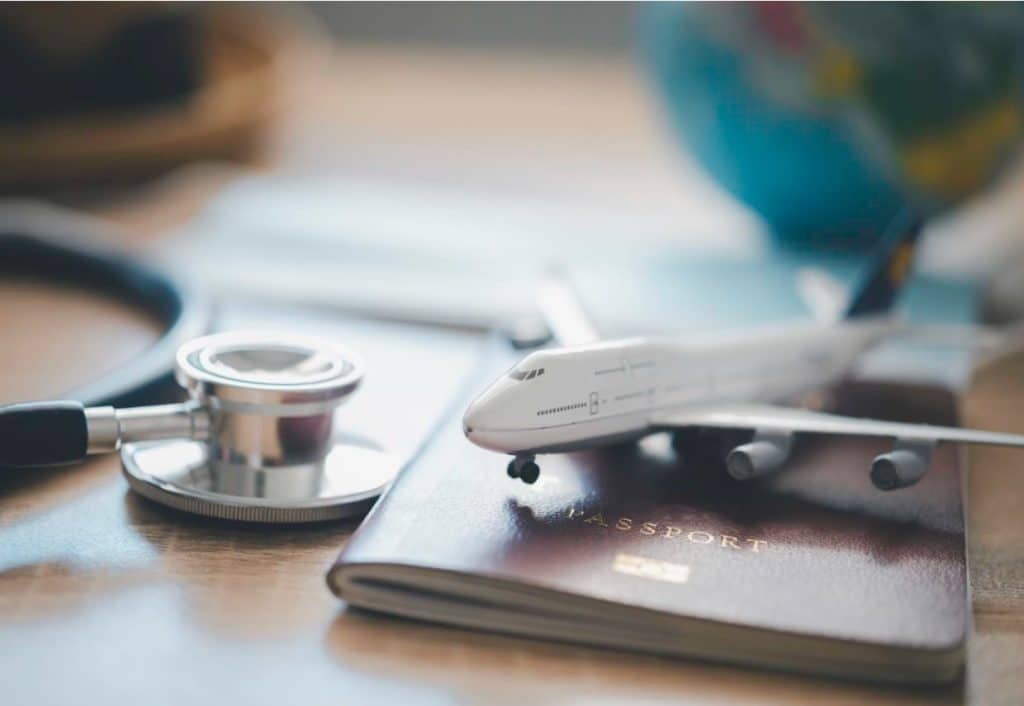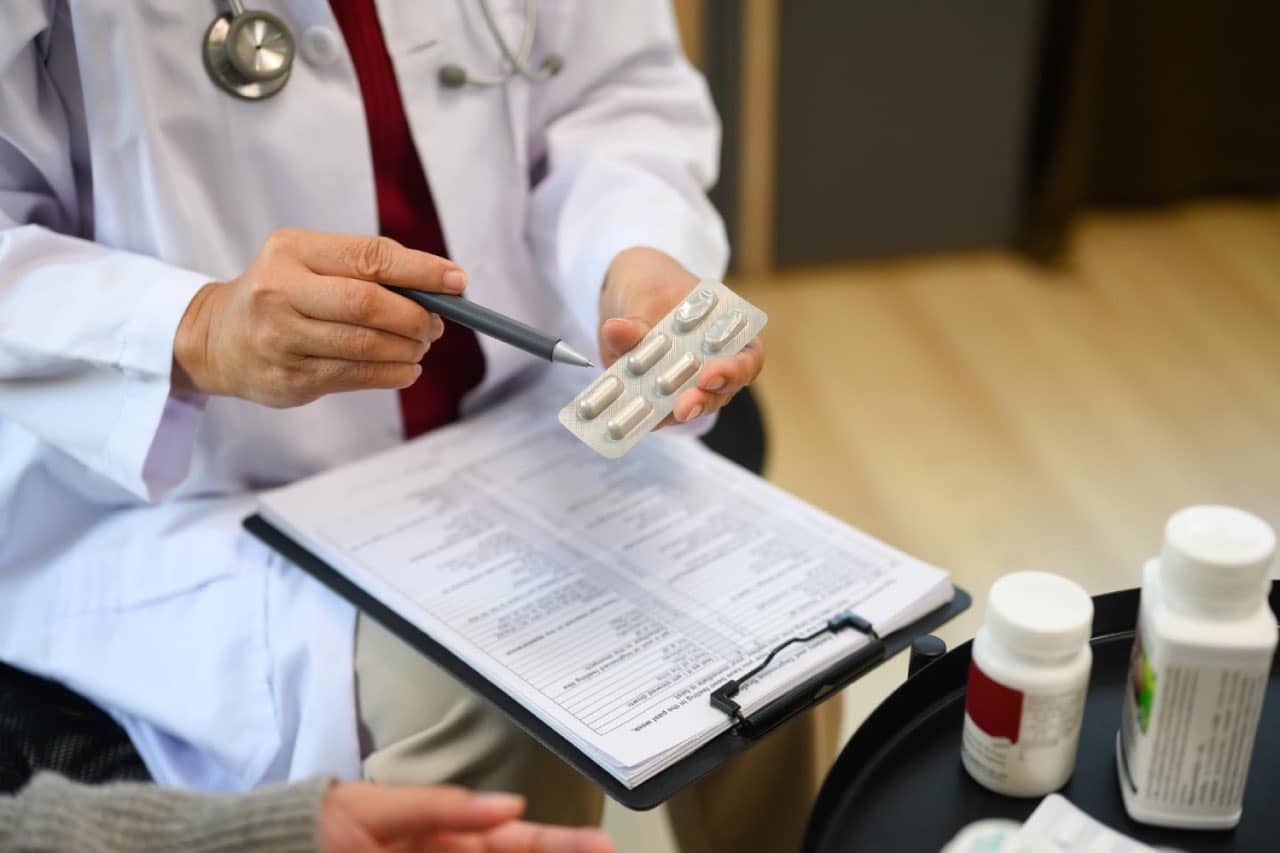International travel can be exciting, opening the door to new cultures, breathtaking landscapes, and unique culinary experiences. However, venturing beyond familiar borders also brings exposure to diseases, environmental risks, and unexpected health challenges. Whether you’re planning a relaxing beach holiday, an adventurous trek, or a business trip overseas, consulting a travel doctor before you leave is a proactive and essential step to ensure your well-being. This article explains the importance of pre-travel health advice, outlines common travel-related risks, and discusses the often-overlooked costs and inconveniences of falling ill abroad.
The Importance of Pre-Travel Health Advice
Traveling to different regions exposes you to health risks that may be uncommon in Australia. A travel doctor can provide personalised advice tailored to your destination, health history, and planned activities. This targeted approach helps ensure you are prepared for potential health concerns that you might not otherwise consider.
For instance, many countries require specific vaccinations as a condition of entry. According to the World Health Organization (WHO), a yellow fever vaccination is mandatory for travellers visiting or transiting through parts of Africa and South America. Without the appropriate documentation, you could be denied entry or even face quarantine.
Beyond the requirement for vaccinations, travel doctors can offer advice on food and water safety, insect-borne diseases (such as malaria or dengue fever), and environmental risks like altitude sickness. The Centers for Disease Control and Prevention (CDC) report that between 30% and 70% of travellers to developing countries experience travel-related illnesses. This statistic underlines the significance of seeking expert advice well before departure.
Common Travel-Related Health Risks
It’s essential to be aware of the various health risks associated with your destination. Here are some of the most common concerns that travellers may encounter
- Infectious Diseases: Travellers can be exposed to diseases such as malaria, typhoid, hepatitis, and traveller’s diarrhoea. In 2019, there were approximately 241 million cases of malaria worldwide, with the majority occurring in sub-Saharan Africa (WHO).
- Food and Waterborne Illnesses: Consuming contaminated food or water can lead to gastrointestinal issues. The CDC estimates that between 30% and 50% of international travellers experience traveller’s diarrhoea.
- Environmental Hazards: Extreme climates and challenging terrains can pose risks like altitude sickness, heat exhaustion, and insect bites. With proper preparation, many of these hazards can be mitigated.
- Vaccine-Preventable Diseases: Diseases such as measles, influenza, and yellow fever can be prevented with the appropriate immunisations. Despite the availability of vaccines, outbreaks continue to occur globally, emphasising the need for pre-travel medical advice.
How Travel Doctors Help You Stay Safe Abroad
A travel doctor’s role extends well beyond administering vaccines. They provide comprehensive support designed to protect your health while you’re overseas. Key services offered include:
- Pre-Travel Vaccinations: After evaluating your health and travel itinerary, a travel doctor will recommend vaccines specific to the risks at your destination.
- Travel Health Kits: Depending on where you are headed, your doctor might advise you to carry medications or supplies such as antimalarials, rehydration salts, or insect repellents.
- Medical Certificates and Documentation: Many countries require official proof of vaccination before granting entry. Your travel doctor can supply the necessary documentation to meet these regulations.
- Preventative Advice: Beyond vaccinations, travel doctors offer practical guidance on avoiding food contamination, ensuring safe drinking water, protecting against insect bites, and managing any pre-existing health conditions while abroad.
According to Travel Medicine Alliance Australia, consultations can significantly reduce the risk of experiencing severe travel-related illnesses, underscoring the value of pre-travel medical advice.
When to Book Your Travel Health Consultation
Timing is crucial when preparing for international travel. It’s recommended that you book your travel doctor appointment 4 to 6 weeks before your departure. This window ensures that any vaccines have sufficient time to become effective and that there is room for follow-up doses if necessary. However, even if you’re a last-minute traveller, a consultation can still provide valuable advice.
Early planning is particularly important for:
- Destinations with Mandatory Vaccination Requirements: Some countries enforce strict entry protocols that necessitate vaccinations.
- Long-Term or Multi-Country Trips: Extended stays or itineraries that span multiple countries may expose you to a broader range of health risks.
- High-Risk Areas: Regions known for diseases such as malaria or dengue fever require more rigorous preparation.
If you have complex health needs, are pregnant, immunocompromised, or travelling with young children, a tailored travel health plan is essential to ensure a safe journey.
The Costs and Inconvenience of Getting Sick Overseas
While the potential health implications of falling ill abroad are significant, the financial and personal costs can be just as daunting. The expenses related to hospitalisation, medical treatment, and disrupted travel plans can add up quickly, turning what should be a memorable trip into a costly ordeal.
Medical Expenses:
Receiving medical care in a foreign country can be unpredictable both in quality and cost. In some regions, a single hospital stay can cost several thousand Australian dollars. A study by International SOS estimated that the average cost for an emergency hospitalisation for travellers ranges between AUD5,000 and AUD15,000, depending on the region and the complexity of treatment. This financial burden can be particularly challenging if you do not have comprehensive travel insurance or if your policy excludes certain conditions.
Travel Disruptions:
Falling ill can also wreak havoc on your travel plans. An unexpected medical emergency might result in delayed or cancelled flights, forcing you to pay for rebooking or extend your stay unexpectedly. Additional accommodation costs, along with expenses for meals and local transportation during an unplanned extended stay, can quickly escalate. Moreover, if you are scheduled to return home but need additional medical care, you might be compelled to rearrange your itinerary at considerable expense.
Quality of Care and Language Barriers:
Another critical factor to consider is the variability in the quality of healthcare abroad. While Australia is known for its high standards in medical care, the quality of treatment overseas can differ widely. In some countries, the language barrier can further complicate communication with healthcare providers, potentially leading to misunderstandings about your symptoms or the treatment plan. These language difficulties can delay the delivery of appropriate care, increasing the risk of complications and prolonged recovery.
Inconvenience to Family and Friends:
The repercussions of getting sick overseas can extend beyond just you. In severe cases, you might require assistance from family members or friends, who may need to travel to your location on short notice. This not only imposes a significant emotional toll but can also lead to unexpected travel costs and logistical challenges for those who come to your aid.
Overall Impact on Your Trip:
Imagine being on a dream holiday only to have it disrupted by a severe illness. Beyond the immediate physical discomfort and financial strain, the stress of navigating a foreign healthcare system, coupled with the potential need for emergency travel changes, can take a significant toll on your overall experience. Preventative measures, such as consulting a travel doctor, can mitigate these risks, helping you avoid not only the health issues but also the associated financial and personal inconveniences.
Taking these factors into account, the costs and disruptions of falling ill overseas make a strong case for investing in pre-travel health consultations. A small upfront cost can prevent much larger expenses and complications later, ensuring that your travel experience remains positive and worry-free.
Protect Your Health, Enjoy Your Journey
Travel should be a rewarding and enriching experience—not one marred by preventable health issues and unforeseen complications. Consulting a travel doctor gives you expert advice to avoid common illnesses and reduce the risk of emergencies abroad. A pre-travel consultation provides peace of mind and prepares you for any health challenges, so you can fully enjoy your trip without constant worry.
Investing in a travel doctor is an investment in your overall travel experience. It helps prevent disruptions and avoids the high costs and complications of seeking medical care overseas. With the right preventative measures in place, you safeguard both your health and your travel plans.
In summary, international travel carries risks—from infectious diseases to unexpected financial burdens if you fall ill. A travel doctor equips you with the essential knowledge to navigate these challenges, ensuring you return home with nothing but good memories.
Schedule your travel health consultation today, and embark on your next adventure with confidence. Safe travels!



